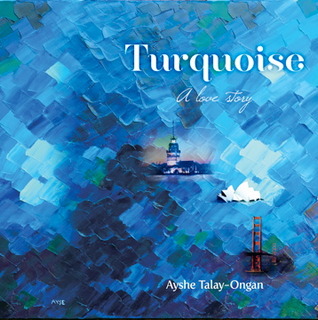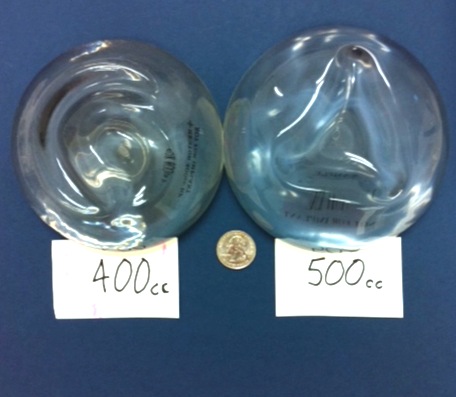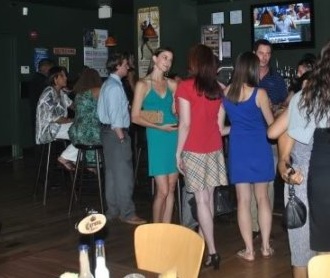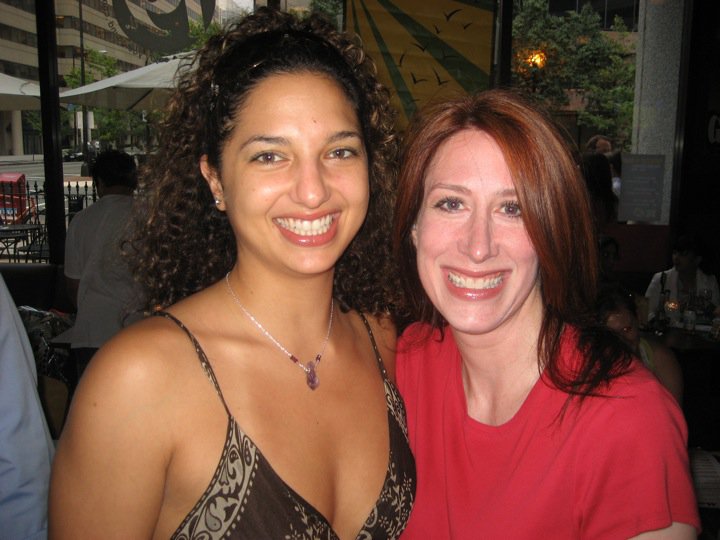I hadn't heard of 50 Shades of Grey, until my friend mentioned the book to me.
"It's really hot," she said. "It's the type of book I would have thought you would have read already…or written!"
A few days later, I received a press release from Fun Factory about the trilogy. Apparently, the main characters use the company's Smart Balls and as a result, sales of this versatile toy have skyrocketed.
The following week, my doctor brought up the book during my appointment. Every staff member in the office had read the trilogy.
With three mentions in a row, I knew that I had to download 50 Shades. As I read the first book, I found myself simultaneously turned on and frustrated by the poor editing and unrealistic sexual dynamic between Ana and Christian.
When a freelance writer, Rachel Khona, asked me for my opinion about the book, I happily provided her with my thoughts. Her questions and my answers follow:
Q: Why do you think 50 Shades of Grey has been hit with the label “Mommy Porn”?
A: Labeling the book as “Mommy Porn” is great marketing. It heightens the appeal, as women whisper about the book and its sensual contents to one another.
We are all sexual creatures on some level. We just don’t live in a society that encourages candid dialogue about human sexuality. A recent study revealed that more than a half of the women surveyed had used adult toys, and yet, the thought of going into a sex boutique makes many women blush.
Most mothers would prefer to download a book onto their Kindles or purchase a book to read after their children have gone to sleep to other more overt forms of pornography. Thinking about sex is healthy, and 50 Shades provides a safe and private way to explore to do that.
Q: Is BDSM only relegated to people with repressed natures, ie mothers? Or is it something that all kinds of people are engaged in but just not talking about?
A: BDSM has little to do with sexual repression and more to do with sexual expression. It’s a form of kink or role-play. In every relationship, one partner is more dominant in the bedroom than the other. The extent of that domination is defined subjectively, as it is very couple-specific. Hair pulling or using furry handcuffs could qualify as BDSM for some couples. For members of the kink community, though, that wouldn’t.
Q: Is calling 50 Shades mommy porn a way to demean women’s sexual fantasies? After all don’t most romantic/erotic novels attract various types of women? What makes 50 Shades is different? Or is there another reason behind calling the book Mommy Porn?
A: The difference between 50 Shades and other romantic/erotic novels is that this book has mass-market appeal and has achieved enormous commercial success. Calling the book, “mommy porn,” heightens that appeal, while simultaneously demeaning women’s sexuality and fantasies.
We live in a Puritanical society – in the United States in 2012! Open discussion about our sexuality is viewed as crass, and our education about sex typically stops around the age when we’re just starting to have sex.
Women’s sexuality may be less taboo than it was in past decades, but many women still feel the need to hide their desires and fantasies, even from their own husbands and best friends. Referring to 50 Shades as “mommy porn” only exacerbates that shame, guilt or uncertainty.
Q: Why is there no such thing as Daddy Porn? If 50 Shades were geared to men (and men found romance novels appealing) do you believe there would be so much hoopla?
A: Human sexuality is traditionally viewed through the eyes of a straight man. Men are more visual creatures by nature. As such, it’s not surprising that most men favor an overtly sexual movie, magazine or website, instead of a romance novel. Pornography has always catered to the male market. There isn’t a need for additional Daddy Porn since men’s needs and fantasies are already satiated. As a society, men are expected to be sexual creatures. If “Daddy Porn” existed, it wouldn’t receive as much criticism or controversy.
Most women’s sexuality is inextricably linked to their mind and their emotions. Candles, music, and soft sheets help to set the stage. Females require foreplay and more stimulation to reach orgasm. A book like 50 Shades of Grey straddles that delicate balance of eroticism without being so overtly sexual that it loses its desired readership.
Q: Critics have panned the writing, but why is it that the writing in “Debbie Does Dallas” not criticized for being terrible?
Critics will always find something to pan. A book that discusses sexuality or encourages women’s fantasies is subjected to criticism from numerous vantage points. Stronger writers will focus on how poorly written 50 Shades is, labeling the book as porn, instead of chick lit. Feminists will focus on how the relationship described in the book is controlling and borderline abusive. People who aren’t comfortable with their sexuality will regard the book as scandalous at a minimum or worth banning from libraries at a maximum. Active BDSM participants find the book too tame.
“Debbie Does Dallas” and other pornography movies don’t receive the same level of press, and thus, they don’t receive the same level of criticism. People don’t talk openly about porn, and the media isn’t paying the same attention to pornographic movies.
A copy of Rachel Khona's article, "The Problem With 'Mommy Porn,'" for YourTango is available here.
And, for what it's worth, I actually enjoyed the second book in the 50 Shades trilogy. My inner goddess squealed at the better editing and stronger character development!
Have you read 50 Shades? What did you think of it?
Laters, baby!



